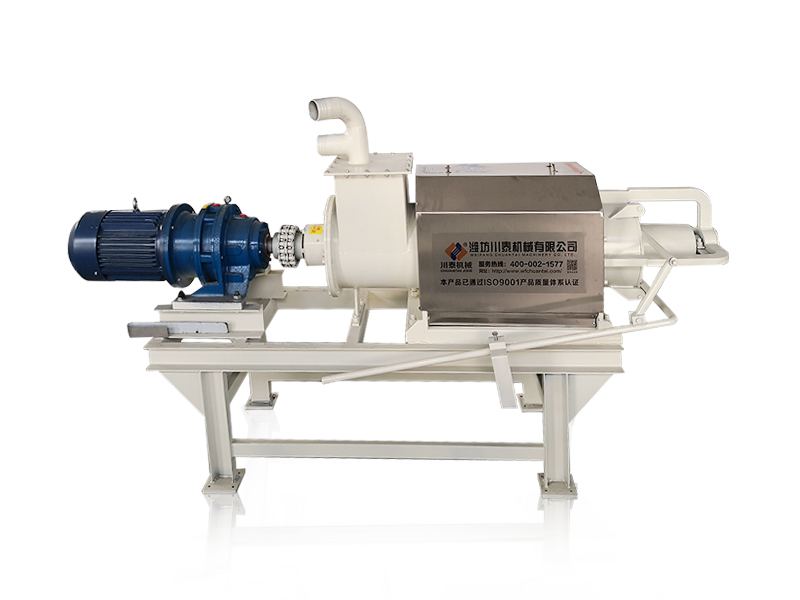
Introduction:
In various industrial processes, the separation of solids from liquids is a critical step to ensure the efficiency and quality of the final product. Solid-liquid separators play a pivotal role in achieving this separation, contributing to the smooth operation of diverse industries such as wastewater treatment, food and beverage, pharmaceuticals, and mining. This article delves into the importance, types, and applications of solid-liquid separators in industrial settings.
Importance of Solid-Liquid Separation:
Solid-liquid separation is essential to remove impurities, particles, and contaminants from liquid streams, preventing equipment damage, maintaining product purity, and complying with regulatory standards. The separation process enhances the overall performance of industrial operations, leading to improved product quality and reduced environmental impact.
Types of Solid-Liquid Separators:
Sedimentation Tanks:
Sedimentation tanks utilize gravity to separate solid particles from liquid. The heavier solids settle at the bottom of the tank, allowing clarified liquid to be collected from the top. This method is commonly used in wastewater treatment plants.
Centrifuges:
Centrifuges rely on centrifugal force to accelerate the sedimentation of solid particles. The rotating bowl forces the heavier solids to the periphery, while the liquid phase is collected from the center. Centrifuges find applications in various industries, including pharmaceuticals and chemical processing.
Filtration Systems:
Filtration involves passing a liquid through a medium that traps solid particles, allowing only the liquid to pass through. Common filtration methods include sand filtration, membrane filtration, and diatomaceous earth filtration.
Hydrocyclones:
Hydrocyclones use centrifugal force to separate solid particles from a liquid suspension. The swirling motion within the hydrocyclone separates the heavier solids, which are then collected for disposal.
Applications of Solid-Liquid Separators:
Wastewater Treatment:
Solid-liquid separators are crucial in removing suspended solids from wastewater before discharge or further treatment. This ensures compliance with environmental regulations and promotes water recycling.
Food and Beverage Industry:
In food processing, solid-liquid separators are used to clarify juices, separate pulp from liquids, and remove impurities from liquids, contributing to the production of high-quality food products.
Mining Operations:
Solid-liquid separation is integral in mining processes to recover valuable minerals from ore slurries. This enhances the efficiency of downstream processing and minimizes environmental impact.
Pharmaceutical Manufacturing:
The pharmaceutical industry relies on solid-liquid separators to purify drug formulations, separate solids from liquid medications, and achieve stringent quality standards.
Conclusion:
Solid-liquid separators are indispensable in various industrial sectors, playing a vital role in maintaining operational efficiency, product quality, and environmental compliance. As industries continue to evolve, the development of innovative separation technologies will further enhance the effectiveness of solid-liquid separation processes.

 TEL:+86 15336363999
TEL:+86 15336363999
 WeChat:gongchris1111
WeChat:gongchris1111
 ADD:Fangzi District, Weifang City, Shandong Province, China
ADD:Fangzi District, Weifang City, Shandong Province, China